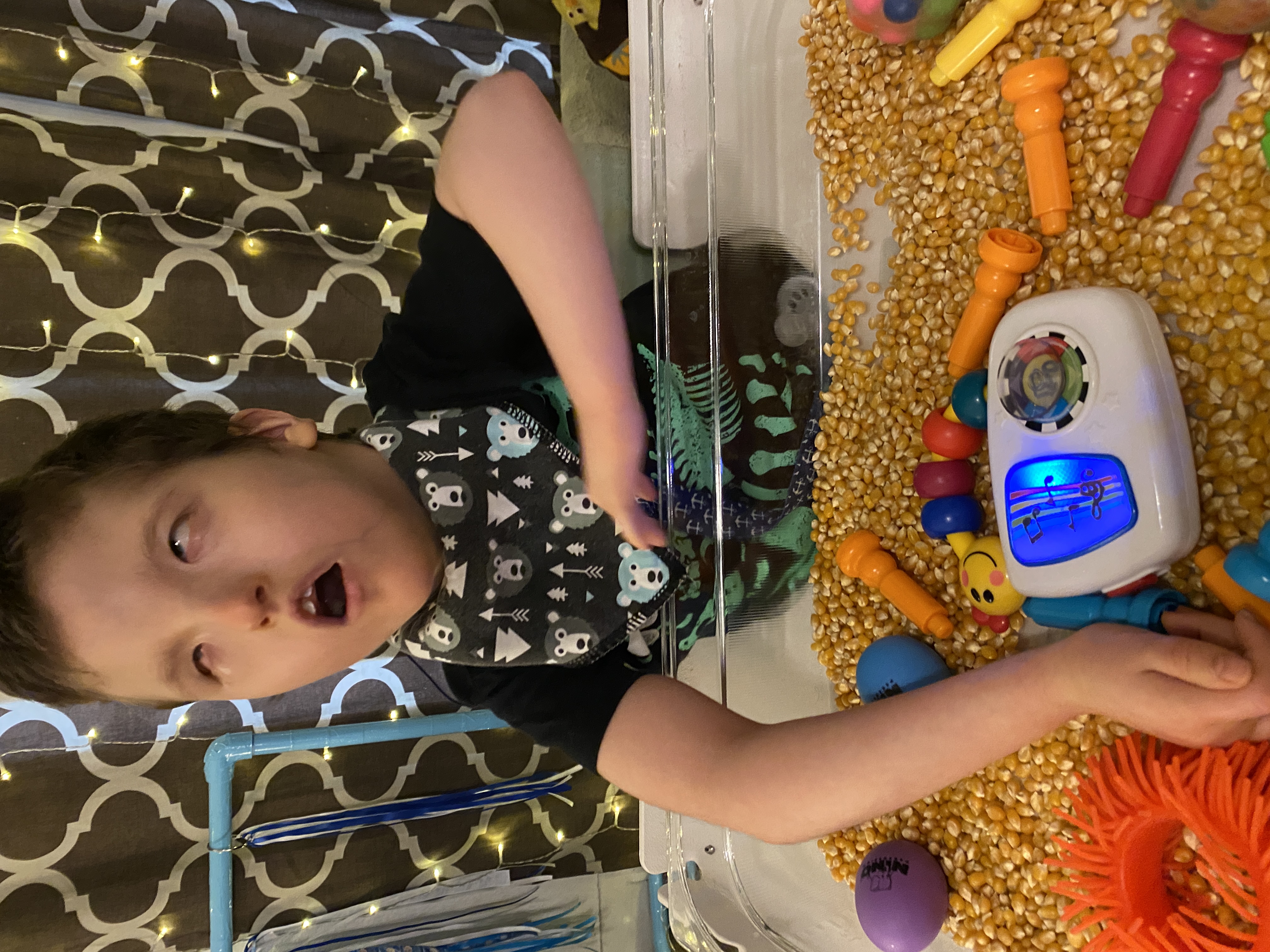Self-Determination

The range of opportunities and choices that exist for individuals with deaf-blindness can be vast, but only if they are made aware of their existence. A person who is self-determined has the ability to recognize those opportunities, make informed choices, set goals, solve problems, and take other actions to improve their quality of life.
People of all ages with deaf-blindness need support developing self-determination skills. Because of their sensory limitations, they may not have access to incidental information in the world around them, such as noticing available opportunities and how others make meaningful choices.
Helping motivate and assist those with deaf-blindness to explore opportunities (big and small) that match their preferences, needs, and abilities will develop their self-determination skills, enhancing their self-confidence, self-image, and feelings of independence and control.
Introductory Resources
Allowing students to be independent when they can and support them when needed is critical to avoiding learned helplessness and increasing self-determination. (Triulzi et al., 2015)
Reference
Maier, J. (2013). Self-determination: An overview. reSources, California Deaf-Blind Services, 18(1), 1-5
Triulzi, L., Sotiropoulos, G., Radin, M., & Morgan, S. (2015). A model of self-determination. [Slide presentation]. In Self-determination, Open hands, open access: Deaf-blind intervener learning modules. National Center on Deaf-Blindness. https://www.nationaldb.org/products/modules/ohoa/self-determination/
KEEP EXPLORING